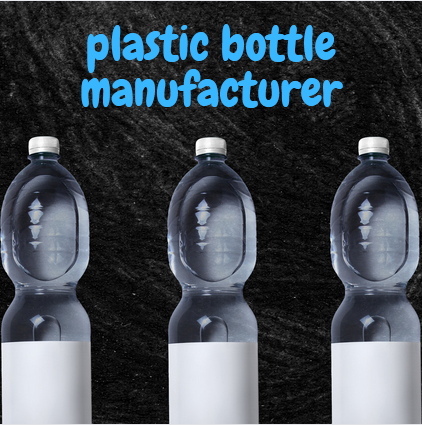Recycling plastic bottles in Pakistan is a great way to minimize your plastic waste. The government has introduced a number of initiatives to help decrease the amount of plastic waste being produced. These include the creation of FDCA (Furfuraldehyde Disulfide Catalyst) from lignocellulosic feedstocks. This process will allow the manufacture of new chemicals from recycled bottles, helping the environment and decreasing costs.
Reusing Plastic Bottles
In Pakistan, plastic bottles can be repurposed into other useful items. This is an effective solution to reduce the amount of trash that is being disposed of in landfills. Plastic bottles are a convenient way to store liquids. They keep drinking water fresh and are a practical option for a variety of purposes. However, they can also leach chemicals from the bottle into the liquid.
To address the problem of plastic waste in Pakistan, the country has developed a five-year plan. The plan aims to eliminate plastic pollution in Pakistan. While the five-year plan isn't completely implemented yet, the plans include operational changes and initiatives to increase re-use and recycling of plastic waste.
One of the most effective ways to combat plastic pollution is through Extended Producer Responsibility. EPR requires manufacturers to assume significant responsibility for post-consumer products. It can be a standalone policy or a paired with other economic incentives to effectively roll out a program.
Recycling Plastic Bottles
Recycling plastic bottles in Pakistan is a growing industry. Plastic bottles can be recycled into new products such as plastic bags, furniture, fences and clothing. They are a viable alternative to disposable items.
Coca-Cola in Pakistan launched PET bottles in Sindh and plans to roll out the initiative in other provinces. These PET bottles are made from 100 percent recycled plastic. The company's commitment to environmental and social responsibility includes a pledge to water stewardship and human rights. It also has a vision to make Pakistan a zero-waste country.
PepsiCo is one of the leading food and beverage companies working to build a circular economy. With this goal in mind, the company is introducing recycled plastic bottles across the brands and markets it serves in the Americas, Middle East, and Africa. In addition, PepsiCo is launching the first 100% rPET beverage bottle program in Kuwait and Qatar in 2022.
Another major milestone in the recycling industry was the launch of PepsiCo's first PET collection program in Egypt. Together with Novatex, PepsiCo is working to scale up the collection of used plastic bottles in the country.
Making FDCA from Lignocellulosic Feedstocks
There are various methods to make FDCA from lignocellulosic feedstocks. This article reviews some of these options. It provides a multi-criteria evaluation and discusses the environmental impacts.
One of the most common routes to FDCA is catalytic oxidation of HMF. However, this process is expensive and has poor selectivity for FDCA. Several alternative routes have been developed to overcome these limitations. Among these, a copper-difuroate complex has been proposed. The complex increases the yield of FDCA, while removing the need for conventional oxidation of HMF.
Another route is scalable carboxylation. Using a PCNx catalyst, the conversion is achieved under mild conditions. In addition to the advantages of this method, it avoids the drawbacks of homogeneous carbonylation.
Avantium is a Dutch renewable chemistry company. It has a proven electrolytic oxidation process that eliminates the need for expensive electrodes and colorants. By using this process, the company can convert aromatic aldehydes to FDCA and other useful chemicals.
Government Policy to Reduce Plastic Waste
The Government of Canada has developed a comprehensive plan to reduce plastic waste. This policy is in line with the country's Sustainable Environmental Policy and Visions of Prosperity. Plastic pollution affects the environment, food security, tourism, and human health. In addition to harmful emissions, toxic chemicals in plastic products cause irreparable damage to wildlife.
Several countries and local governments are taking action to reduce plastic pollution. Plastics are a major contributor to climate change and land and ocean litter. Currently, 91 percent of plastics are discarded directly into landfills or incinerated.
Governments around the world are implementing bans, prohibitions, and other policies to combat wholesale plastic waste. Plastic pollution is a global issue that affects all nations, cultures, and environments. It is important for governments to adopt a preventive policy to help tackle the scale of the problem.
To combat marine litter, the US Environmental Protection Agency has awarded millions of dollars in grant funding to non-governmental organizations. It is also working on land-based sources of ocean plastic pollution.

